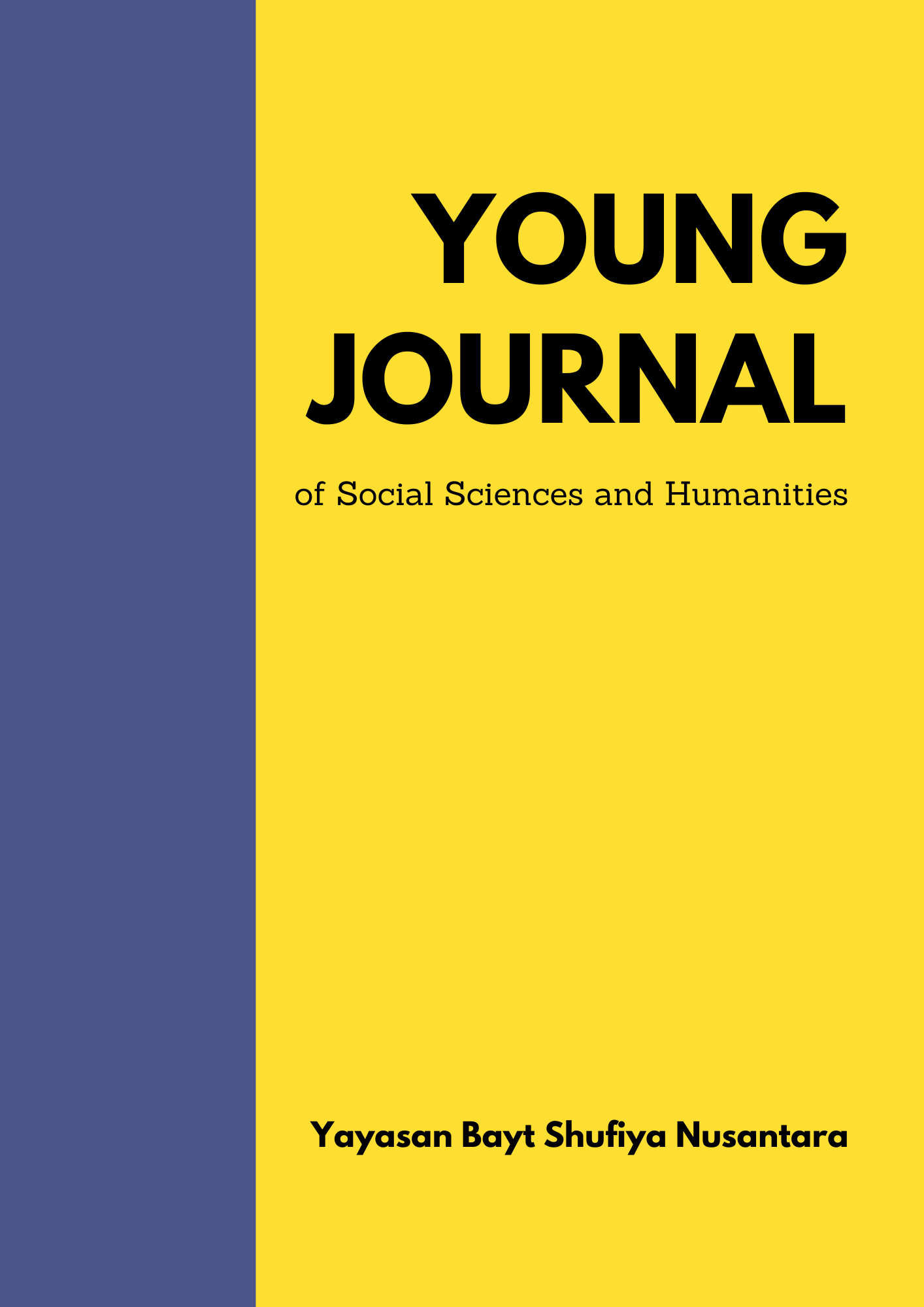Parental Involvement in Islamic Religious Education and its Effect on Students' Religious Discipline in Junior High School
Keywords:
Parents, PAI, Discipline, Students, Junior High SchoolAbstract
This study aims to analyze the effect of parental involvement in Islamic religious education on students' religious discipline at YASPEN Cerdas Bangsa Junior High School, Sudi Rejo, Namorambe District, Deli Serdang Regency, North Sumatra. This research uses a quantitative approach with a correlational method. The research sample amounted to 40 students who were selected by total sampling. Data were collected through a closed questionnaire which was arranged based on indicators of parental involvement and indicators of student religious discipline. The results of the analysis show that the level of parental involvement in Islamic Religious Education is in the good category, while students' religious discipline is classified as very good. The correlation coefficient (rxy) obtained is 0.425, which is higher than the rt value at the 5% (0.312) and 1% (0.403) significance levels. Thus, there is a positive and significant relationship between parental involvement in Islamic education and students' religious discipline. This study confirms the importance of the active role of parents in fostering children's religious education as a foundation for the formation of religious character and disciplinary attitudes in the school environment.
References
Chen, F., Wang, X., & Gao, Y. (2024). EFL teachers’ burnout in technology enhanced instructions setting: The role of personality traits and psychological capital. Acta Psychologica, 249, 104461. https://doi.org/10.1016/j.actpsy.2024.104461
Erhansyah, E. (2018). Pengaruh Pendidikan Agama dalam Keluarga dan Teman Sebaya terhadap Budaya Religius Siswa SMA se-Kecamatan Muara Muntai Kutai Kartanegara. SYAMIL: Jurnal Pendidikan Agama Islam (Journal of Islamic Education), 6(1), 323–335. https://doi.org/10.21093/sy.v6i1.1329
Hou, S., Wang, Y., Cai, P., Chen, R., & Wang, R. (2021). What parents bring to preschool children? Parental instructive speech and gestures, children’s learning and cultural differences. Children and Youth Services Review, 127, 106078. https://doi.org/10.1016/j.childyouth.2021.106078
Purwandari, S., Husna, A. N., & Tawil, T. (2022). Islamic Parenting Model to Increase Family Literacy: A Mixed Method Study. International Journal of Islamic Educational Psychology, 3(2), progress. https://doi.org/10.18196/ijiep.v3i2.14039
Sanusi, R. A., & Owoyale-Abdulganiy, I. S. (2024). Parental Involvement and Home Background as Determinants of Students’ Interest in Islamic Studies in Oyo North, Oyo State, Nigeria. Suluh: Jurnal Bimbingan Dan Konseling, 10(1), 20–26. https://doi.org/10.33084/suluh.v10i1.8286
Wijaya, M. M., & Miyanto, D. (2022). Islamic Religious Education, Parenting Styles and Their Influence on The Character of Generation Z. Dialog, 45(2), 221–231. https://doi.org/10.47655/dialog.v45i2.675
Downloads
Published
How to Cite
Issue
Section
License
Copyright (c) 2025 Nadia Oktavia

This work is licensed under a Creative Commons Attribution-ShareAlike 4.0 International License.














